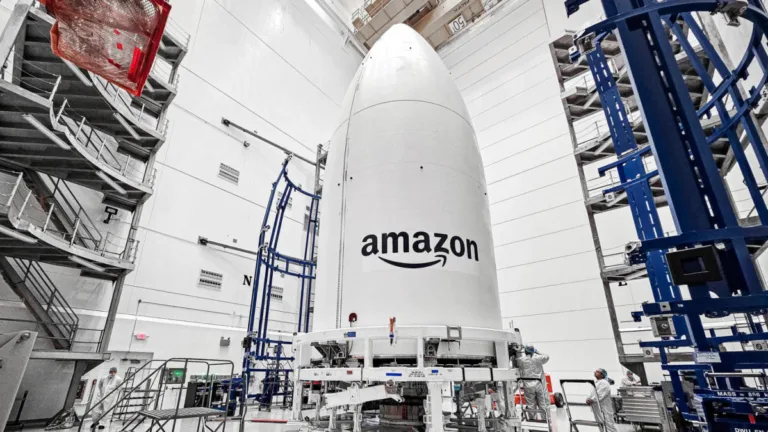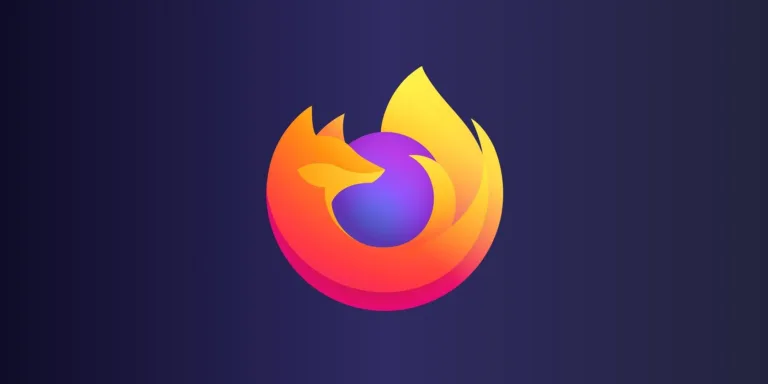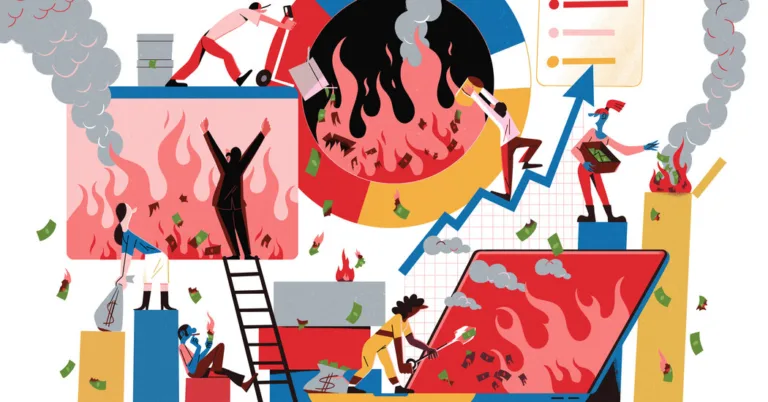Is COVID-19 Becoming Seasonal? Experts Weigh In
Fall has arrived, and along with it, the flu season. Respiratory syncytial virus (RSV) is also on the rise, making it clear that virus season is upon us. But is COVID-19 now part of this seasonal pattern? This question is essential for public health officials and healthcare administrators to plan for vaccinations, treatments, and hospital staffing. However, experts warn it is premature to declare COVID-19 as a seasonal virus.
Looking at data from the past three years, experts observe spikes in the late summer and winter, such as the arrival of the Delta variant in 2021 and the Omicron surge in the following winter. However, these spikes do not occur at the same time each year and may be caused by different factors.
Factors such as societal behavior, movement restrictions, mitigation efforts, and immunity from vaccination or natural infection all contribute to apparent seasonal trends in COVID-19 transmission. Behavior patterns and our immune response to the virus could also influence its movement throughout the year.
As our immunity to the virus improves, the time between winter and summer surges may lengthen. In the future, COVID-19 may become primarily a winter virus, given the increasing levels of population immunity. The latest data indicates a decrease in hospitalizations, possibly due to the effect of immunity on population health.
The seasonality of COVID-19 also hinges on vaccine acceptance. Over time, immune responses to vaccines and boosters wane, typically after six to eight months. How individuals accept and receive booster shots will influence whether and when a winter surge occurs.
Although experts predict a decline in COVID-19 cases in the coming months, they expect a resurgence during the holiday season. The exact seasonality of COVID-19 and its future behavior remain uncertain, given the complexity of environmental, biological, and behavioral influences on virus transmission.
To plan effectively and prepare for COVID-19, a infrastructure similar to that for the flu should be developed. Reliable predictions regarding the arrival and behavior of the virus would ensure timely production and distribution of boosters and medications. Hospitals and healthcare systems could also optimize their resources and capacity based on these forecasts.
While it is challenging to predict or prevent future waves of COVID-19, establishing seasonality would allow for better preparedness and response. By building an infrastructure to detect, analyze, and forecast the virus, healthcare systems could be better equipped to handle future outbreaks and minimize their impact.







